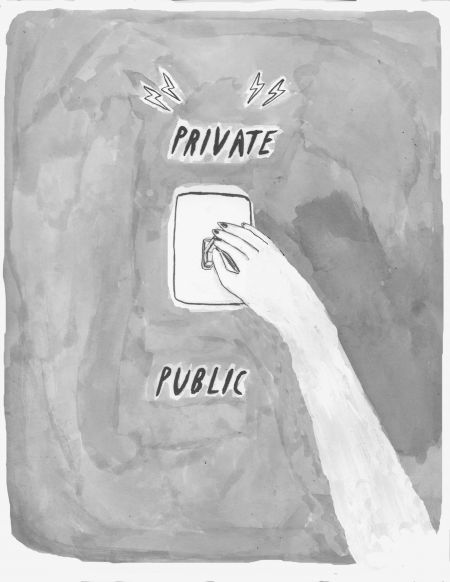WINNIPEG—Manitoba Hydro International (MHI), a wholly-owned international subsidiary of Manitoba Hydro, is taking part in a controversial deal to ultimately privatize Nigeria’s publicly-owned power utility.
MHI will manage the Transmission Company of Nigeria (TCN) for a period of three years under a management contract with the government of Nigeria and the Bureau of Public Enterprises. MHI was offered the contract in September 2012.
Under the contract MHI will restructure the transmission company and prepare it for eventual privatization. Manitoba Hydro International expects to make $23.7 million from the deal.
The process of privatization of the power sector in Nigeria began in 2006 under the administration of former president Olusegun Obasanjo. The Nigerian government has since split up the Power Holding Company of Nigeria into six generation firms and eleven distribution firms, the TCN being one of them.
Kola Ibrahim, a labour activist based in Nigeria, doesn’t have high hopes for private management.
“Privatization has failed Nigeria woefully,” Ibrahim told The Dominion in a telephone interview. “Even the vice-president of the country has come out and said that 80 per cent of private companies in Nigeria have failed, which shows that privatization itself is not an attempt to improve the situation but to feed on the rottenness.”
MHI project manager Nigel Wills claims that with private sector investment, efficiencies will be introduced into the current system creating greater access to electricity for Nigerians, especially those in rural areas. “At the end of the day, we make a financial contribution to Manitoba Hydro’s bottom line as well, which means that that money goes towards keeping the ratepayers' payments here in Manitoba a little bit lower,” Wills told The Dominion.
Even though it’s underway, the agreement with MHI has been mired in controversy for the past several months. The Nigerian government is currently reviewing the contract with MHI due to concerns that the company can't deliver on its mandate and that MHI has taken unilateral and undemocratic decisions in the management of TCN.
The review comes amidst the resignation of the chairman of the supervisory board of the TCN, engineer Hamman Tukur. In an interview with the Daily Trust, Tukur states that MHI was allowed make the unilateral decision to appoint the company's chief executive officer, which should be the responsibility of the president of TCN. In another infraction, according to Tukur, MHI assumed sole control of TCN bank accounts and day-to-day running of the company without supervisory oversight.
While it may seem bizarre to Manitobans that a subsidiary of Manitoba Hydro is helping to privatize services elsewhere, the phenomenon is nothing new. MHl has been involved in over 70 different countries, the majority of which are in the global south.
“It’s not unusual for us to be in developing countries and certainly not unusual for those countries to be in sub-Saharan Africa,” says Wills, adding that MHI is also currently managing the Liberia Electricity Corporation, has completed work in Sierra Leone and has an ongoing project in Uganda.
MHI’s role around the world is to provide training, consulting and management services to governments, Wills told The Dominion. MHI does not own or invest in any infrastructure in these countries.
David McDonald, professor of International Development at Queen's University told The Dominion that the issue is in fact very widespread. “It’s not just limited to Manitoba Hydro in Canada. Hydro-Québec, for example, has been involved since the late '70s all over the world in these kinds of operations.”
“What’s interesting is when you read the local news, people protesting against privatization, they don’t differentiate between so-called public companies coming in to run their service from a private company. They are perceived of and operate as any other private multinational corporation when they are outside of their country. And yet, they will sometimes quite coyly celebrate their publicness at home and one has to really question what the motivations are behind it,” said McDonald.
The ultimate results for people in Nigeria have yet to be seen and will play out in the next years. Here at home, one has to wonder if the Manitobans who support a public power utility would object to their low rates being subsidized by the kinds of projects they would resist at home.
Scott Price is a volunteer at CKUW 95.9 FM and a graduate of the University of Winnipeg. Scott tweets as @PriceScott91.



